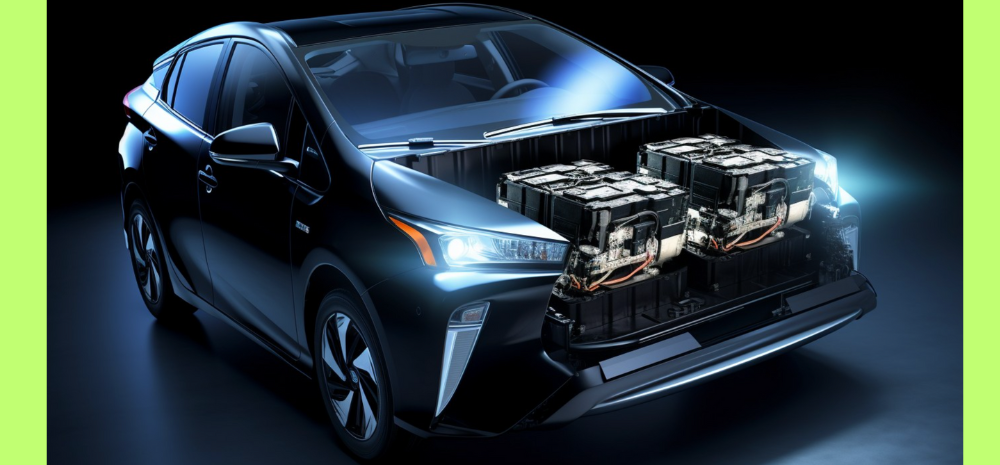Toyota is reportedly on the verge of being able to produce solid-state batteries for electric vehicles (EVs) at a rate comparable to conventional batteries.

This advancement could lead to mass production of these batteries commencing around 2027 or 2028.
Toyota To Produce Solid-State Batteries For Electric Vehicles
Toyota claims to have achieved a breakthrough that could significantly reduce the cost and size of solid-state batteries.
If successful, these batteries could double the range of EVs to approximately 1,200 kilometers, with charging times of 10 minutes or less. Toyota recently partnered with Idemitsu, a major Japanese oil company, to develop technology for mass-producing solid-state batteries.
This collaboration is crucial for Toyota, as it aims to accelerate its electric vehicle offerings and catch up with competitors like Tesla and China’s BYD, especially since Toyota had initially focused on hybrid vehicles, such as the Prius, which combine internal combustion engines with battery-powered motors. Toyota’s CEO, Koji Sato, highlighted their success in developing a more stable material for solid-state batteries, emphasizing the significance of the synergy between the automotive and energy sectors.
Toyota chief executive Koji Sato’s words back in the day were, “With repeated efforts involving trial and error, we have succeeded in developing a material that is more stable and less prone to crack. The future of mobility lies in the tie-up between the auto and energy sectors, including this innovation hailing from Japan.”
How Do Solid-State Batteries Differ From Traditional Batteries?
Solid-state batteries differ from traditional lithium-ion batteries in that they use solid electrolytes instead of liquid ones. This design offers several advantages, including increased stability and safety, even in the event of battery damage, as it eliminates the risk of issues like swelling or leakage.
Solid-state batteries are seen as essential for the widespread adoption of battery-powered EVs and are gaining attention from major automakers, including Toyota’s competitors like Nissan and Ford.
In summary, Toyota is making strides in solid-state battery technology, which could revolutionize the EV industry with longer ranges and faster charging times, while also enhancing safety. This development aligns with the broader trend in the automotive industry towards solid-state batteries as a key enabler for electric mobility.











